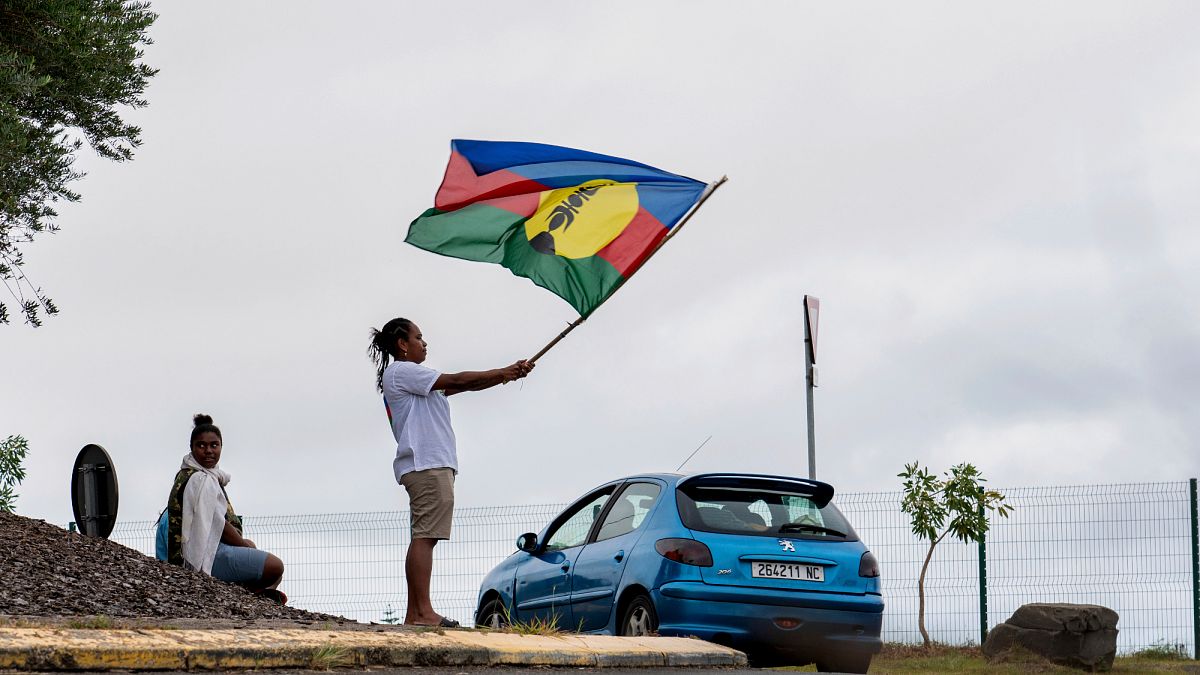

In recent global events, strides towards political adjustments and disarmament have marked a positive turn of events across different regions, reinforcing the importance of dialogue and cooperation in international affairs.
One of the significant announcements comes from New Caledonia, an overseas territory of France. In a landmark agreement, New Caledonia is set to become a recognized state within the French Republic. This development is being lauded as a “historic” accord by French President Emmanuel Macron, who emphasized the trust and cooperation underpinning this new chapter for the region. While the agreement does not fully grant independence, a key aspiration for the Indigenous Kanaks, it initiates a framework for statehood, providing New Caledonia with a distinct status while maintaining its ties with the French Republic. This decision follows a series of negotiations aimed at stabilizing the territory which experienced unrest related to calls for independence. Macron’s commitment to fostering this new state exemplifies a forward-looking approach to colonial legacies, with a focus on mutual respect and shared governance.
In a parallel advancement in the quest for peace, Turkey’s President, Recep Tayyip Erdogan, celebrated a new dawn as the Kurdish militant group, the PKK, began disarmament. This development is seen as a pivotal move towards resolving long-standing conflicts and opening a “new page in history” for the nation. The symbolic ceremony, where PKK members laid down their arms, marks a significant step towards diminishing tensions and fostering a climate of reconciliation within Turkey. The decision reflects a broader commitment to peace and stability, underlining the transformative power of dialogue and political will in addressing regional insurgencies.
However, on the international stage, challenges surrounding peace dialogues continue to underscore the complexity of geopolitical negotiations. A rescheduled United Nations summit aimed at progressing a two-state solution for Palestine and Israel is set to convene towards the end of July. Nevertheless, the absence of President Macron at this summit may impact the momentum for announcing a recognition of Palestinian statehood. Despite Macron’s previously voiced support for a two-state solution as a pathway to lasting peace in the region, recent conflicts have presented obstacles that complicate this diplomatic effort. The absence of clear ceasefire agreements between Israel and Hamas adds layers of difficulty to achieving the desired outcomes of the summit.
These developments illustrate an ongoing global trend towards resolving independence aspirations, fostering demilitarization, and seeking resolutions to protracted conflicts. While progress is occasionally met with setbacks, the efforts made signal a collective acknowledgment of the importance of peace and cooperative governance. With steady negotiation and mutual trust, regions plagued by past conflicts look towards a more harmonious future, guided by the principles of dialogue and collaboration.
These milestones remind us that while the road to peace is complex and layered, it is only through vibrant dialogue, patience, and mutual understanding that sustainable solutions can be cultivated. They each reflect a positive movement towards stability and underscore the importance of strategic alliances and trust in navigating the nuanced pathways of international relations.
Source: {link}
